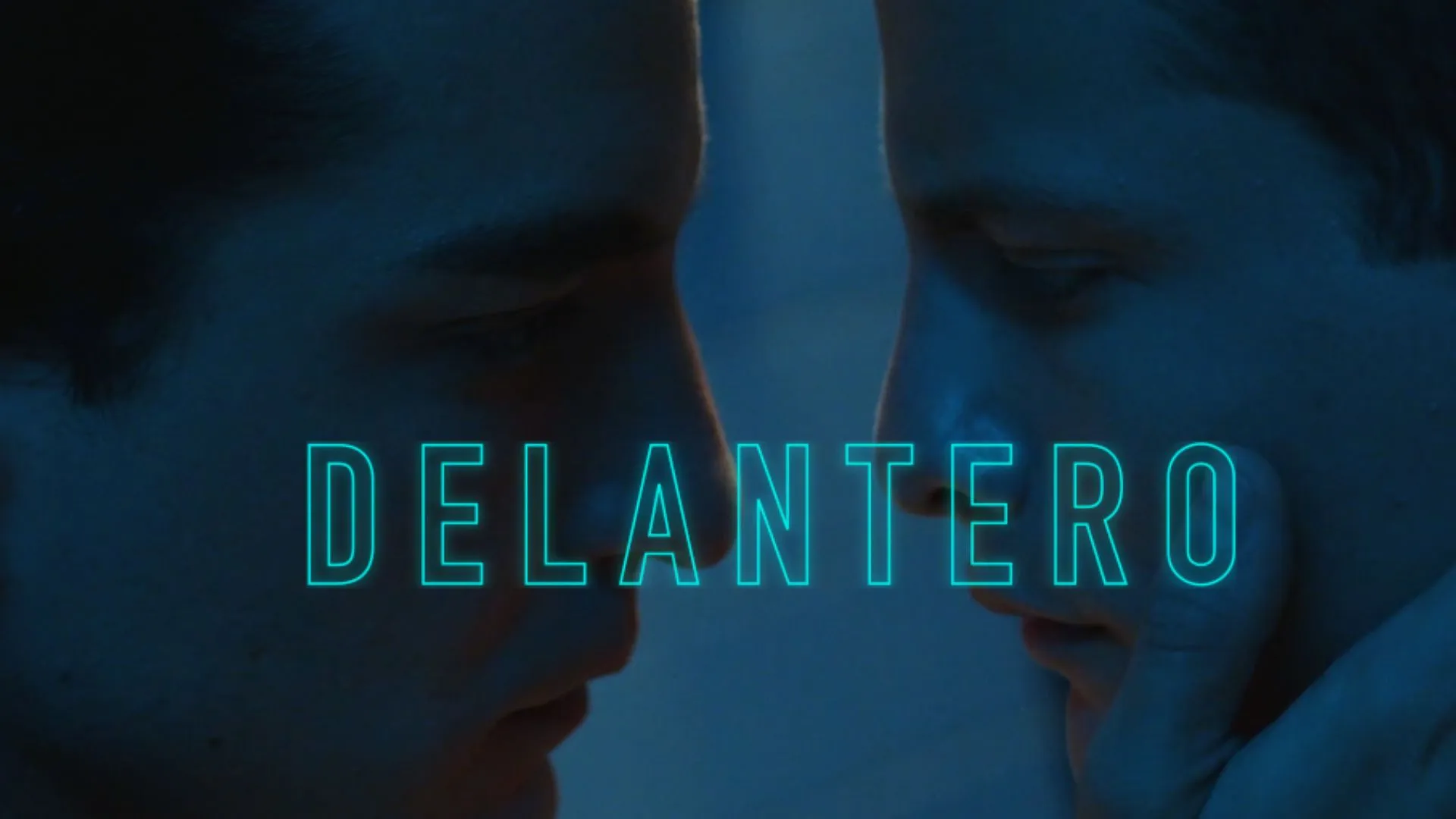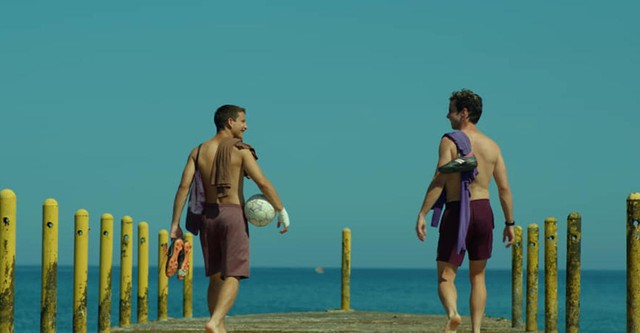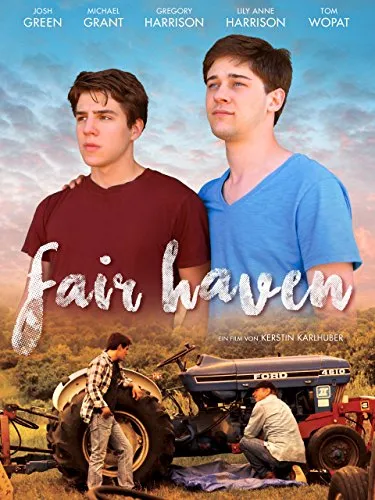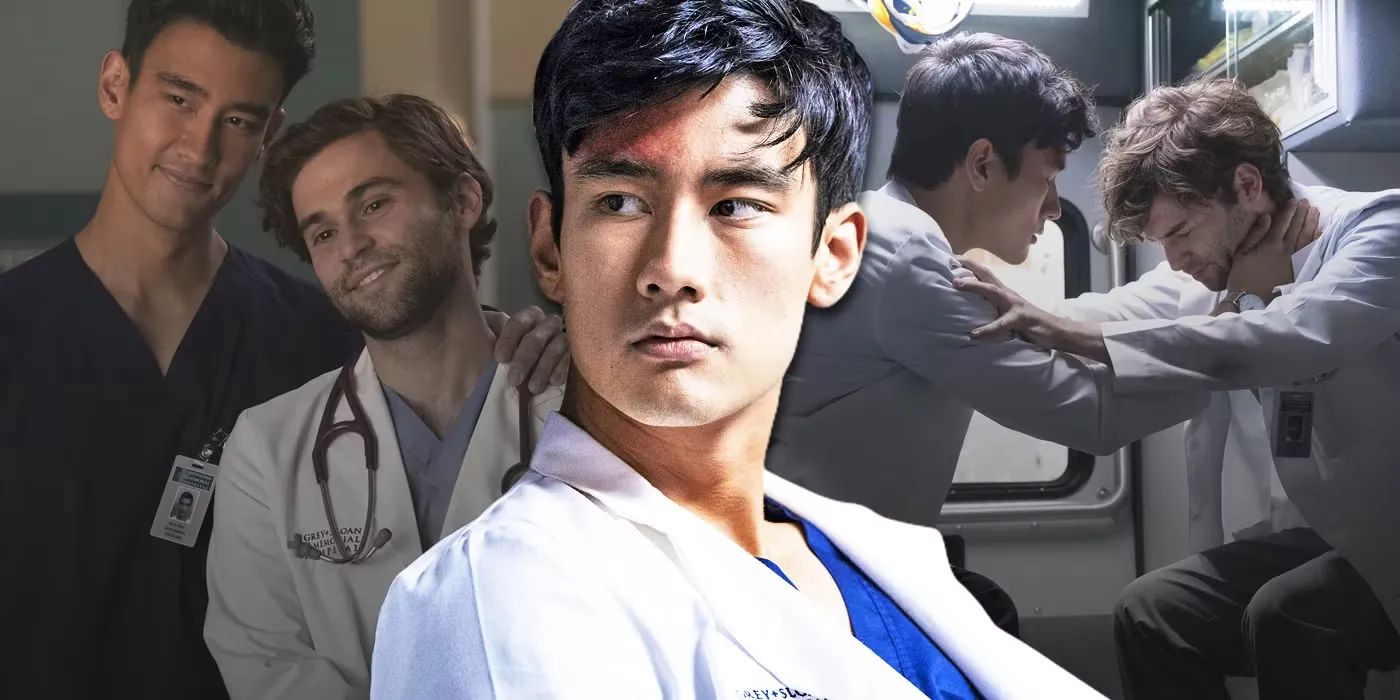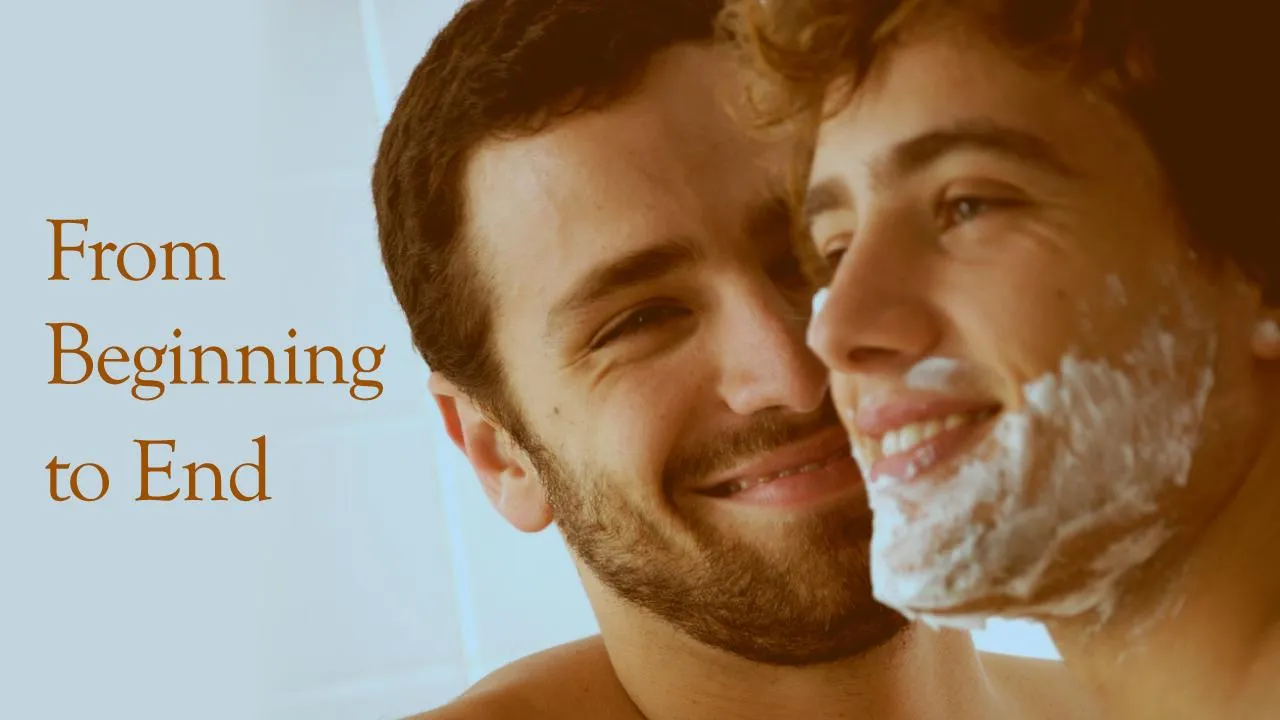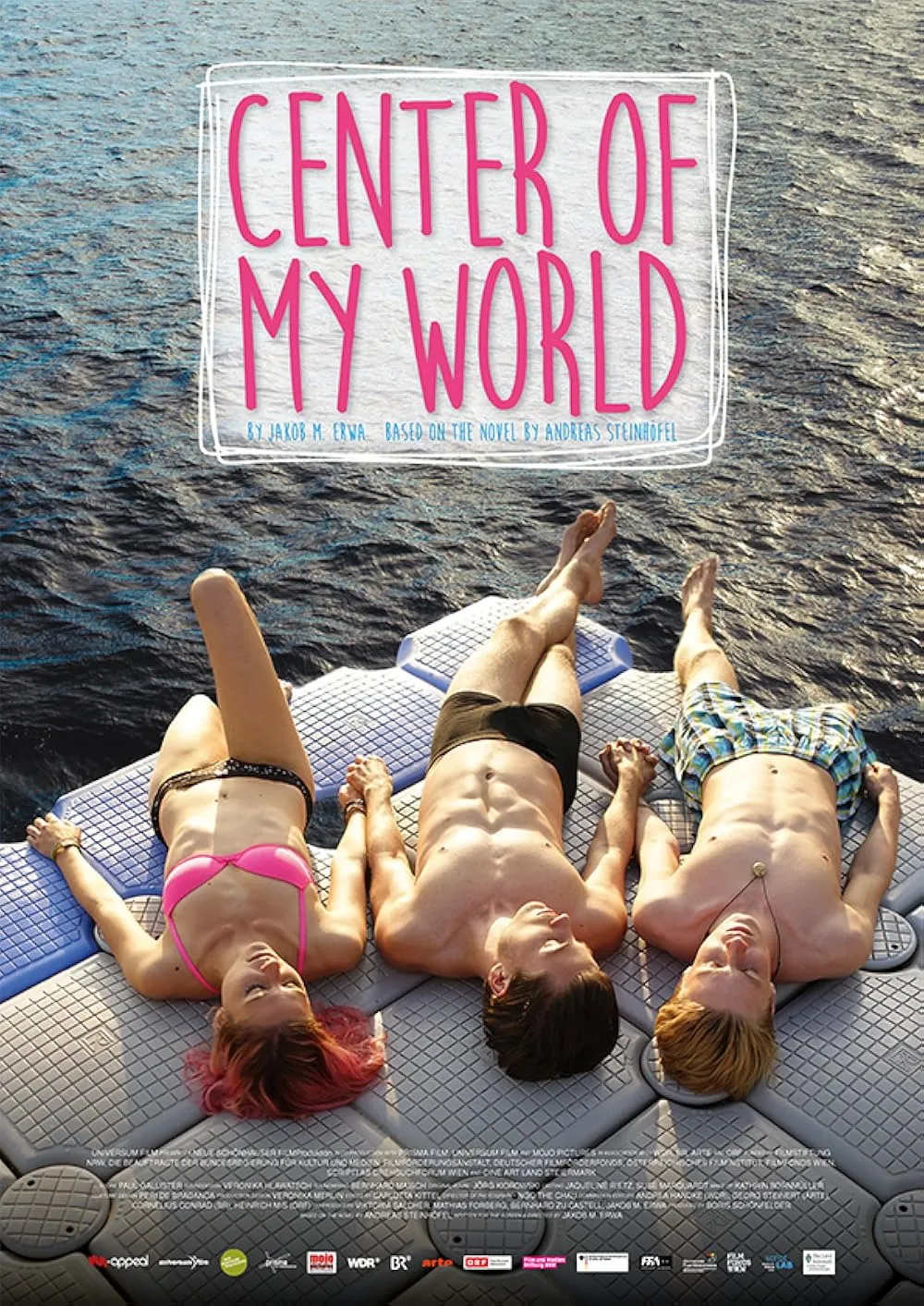Forward (2021) follows the story of Fredy, a teenager growing up in a rural town where soccer is not only a sport but also a symbol of masculinity. His father, Rubén, places all his expectations on him, expecting him to follow the path of the great players. However, Fredy feels that something inside him sets him apart from others. Since he was little, he has learned to hide his feelings, afraid of not conforming to the norms imposed by his community. With every game he plays and every effort to fit in, Fredy struggles with a truth that torments him: his attraction to men. As he grows older, the burden of his secret grows heavier and heavier, becoming a barrier between him and his true self.
Rumors about his sexual orientation begin to circulate around town, fueled by prying eyes and whispered comments. Social pressure intensifies, and Fredy feels cornered, unable to be who he truly is. His father, unaware of the truth, becomes increasingly demanding, insisting that his son must become strong and prove his manhood. Every day is an act of survival for Fredy, who struggles to maintain the facade of a "normal" young man while suffering in silence. The tension becomes unbearable when an incident on the soccer team further exposes him, forcing him to make a life-changing decision.

Faced with the growing hostility of his surroundings, Fredy finds unexpected refuge in his aunt Maura, a rebellious and free-spirited woman who has always lived by her own rules. She offers him the chance to move to Havana, where he can be himself without fear of others' judgment. In the city, Fredy experiences for the first time the freedom to explore his identity without fear. He meets a group of young people who accept him unconditionally, introducing him to a world where diversity is celebrated rather than repressed. It is here that Fredy begins to understand that his happiness should not depend on his father's approval or the expectations of his people.
Havana becomes his refuge, but also a place of discovery and internal conflict. Although he enjoys the feeling of freedom, Fredy continues to carry the weight of his past. Guilt and the fear of his father's rejection torment him, preventing him from fully committing to his new life. He falls in love for the first time, but the shadow of his home never disappears. Rubén's calls become increasingly insistent, reminding him that sooner or later he will have to face his family. The duality between his old world and the new leaves him trapped at an emotional crossroads.
Finally, Fredy decides to return to his village to face reality. He knows he can't keep running away and that his father deserves to know the truth. The reunion is tense, filled with silences and meaningful glances. Rubén, unable to understand, reacts with anger and disappointment. For him, his son's homosexuality is a betrayal of everything he has tried to instill in him. Fredy, however, is no longer the scared little boy he used to be. Bravely, he makes it clear that he will not change who he is for fear of rejection. Although pain is inevitable, he knows he has done the right thing by being honest with himself and his family.

